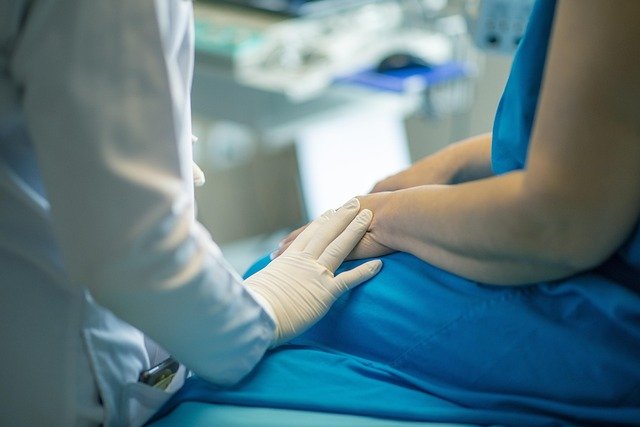Hidden Signs of Crohn’s in Women
Crohn’s disease can manifest differently in women, making early detection vital for effective management. Recognizing subtle symptoms before they worsen helps prevent complications and improves quality of life. This article highlights key warning signs women should watch for and offers guidance on when to seek medical advice.

This article is for informational purposes only and should not be considered medical advice. Please consult a qualified healthcare professional for personalized guidance and treatment.
What Are the Early Warning Signs Specific to Women?
Women with Crohn’s disease often experience unique symptoms that may not immediately signal digestive issues. These can include irregular menstrual cycles, unexplained fatigue, and iron deficiency anemia. Some women report skin problems, joint pain, and mouth ulcers before experiencing traditional digestive symptoms. Weight loss and reduced appetite are also common early indicators that might be dismissed as stress-related issues.
How Does Crohn’s Disease Impact Female Reproductive Health?
Crohn’s disease can significantly affect women’s reproductive health. Inflammation can lead to irregular periods, fertility challenges, and increased risk during pregnancy. Women with active Crohn’s disease may experience more severe menstrual symptoms and are at higher risk for complications during pregnancy. The condition can also affect the absorption of oral contraceptives, making birth control management more complex.
When Should Women Seek Medical Attention?
Women should consult a healthcare provider if they experience persistent digestive symptoms lasting more than two weeks, unexplained weight loss, or severe fatigue. Other red flags include recurring abdominal pain, blood in stool, persistent diarrhea, or unexplained fever. Changes in menstrual patterns combined with digestive issues should prompt immediate medical attention.
What Complications Can Develop if Left Untreated?
Untreated Crohn’s disease can lead to serious complications in women, including:
-
Increased risk of colorectal cancer
-
Development of fistulas and abscesses
-
Nutritional deficiencies affecting bone health
-
Increased risk of blood clots
-
Complications during pregnancy
-
Mental health challenges, including anxiety and depression
How Can Women Manage Daily Life with Crohn’s Disease?
Living with Crohn’s requires careful attention to lifestyle factors. A balanced diet tailored to individual triggers, regular exercise within personal limits, and stress management techniques are essential. Many women find success with:
-
Keeping a detailed symptom diary
-
Working with a nutritionist familiar with IBD
-
Joining support groups specifically for women with Crohn’s
-
Planning ahead for social events and travel
-
Maintaining open communication with healthcare providers
What Treatment Options Are Available for Women?
Treatment approaches for Crohn’s disease in women must consider hormonal influences and reproductive health. Common treatment strategies include:
| Treatment Type | Primary Benefits | Considerations for Women |
|---|---|---|
| Anti-inflammatory medications | Reduces inflammation | May affect menstrual cycle |
| Immunosuppressants | Controls immune response | Requires careful pregnancy planning |
| Biologics | Targets specific proteins | Regular monitoring needed |
| Dietary modifications | Reduces symptoms | Must ensure adequate nutrition |
Women with Crohn’s disease face unique challenges that require specialized attention and care. While the condition can significantly impact daily life, understanding the signs and symptoms specific to women allows for earlier intervention and better management. Working closely with healthcare providers to develop a comprehensive treatment plan that addresses both digestive and women’s health concerns is essential for maintaining quality of life and preventing complications.




